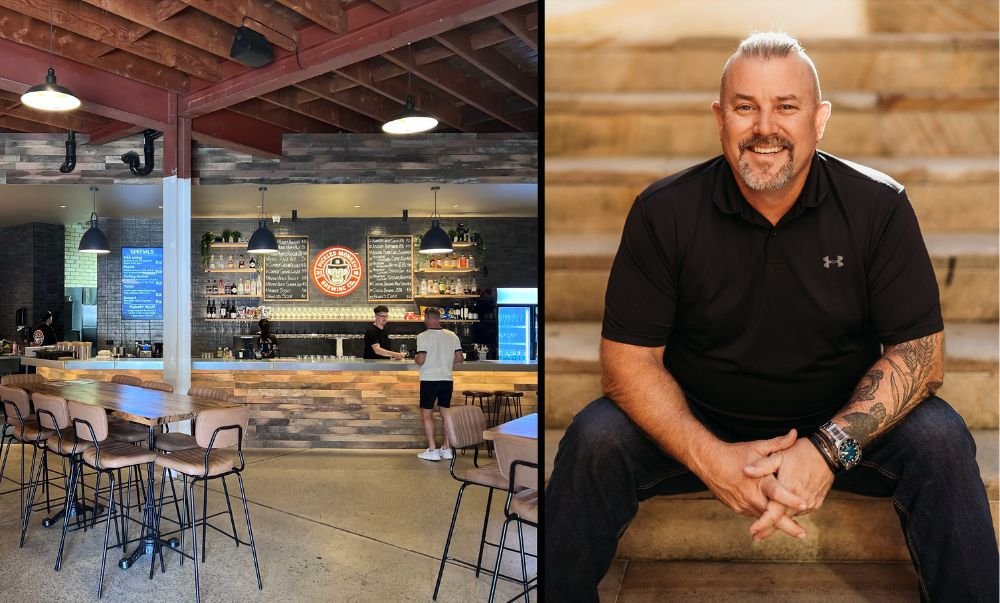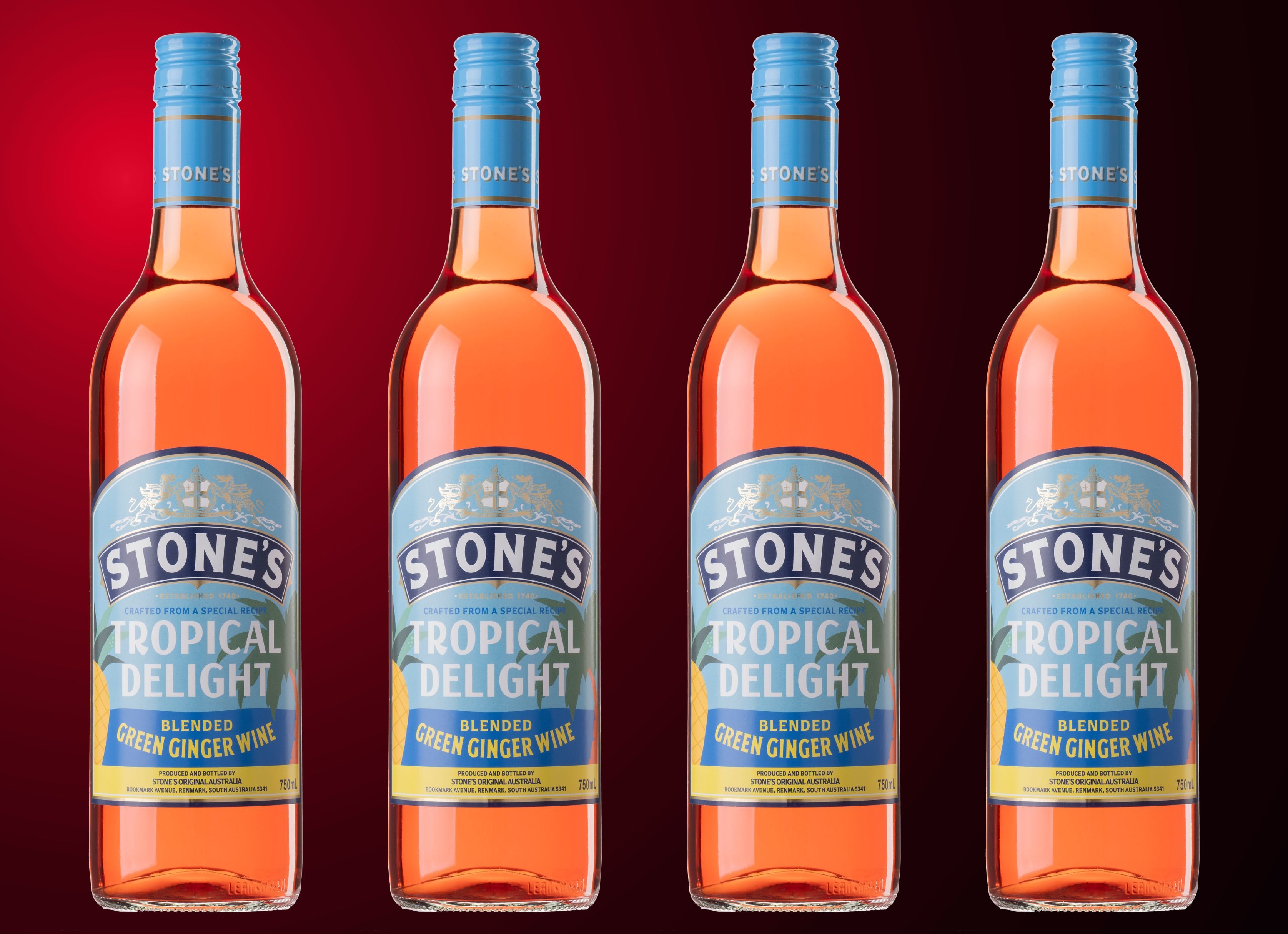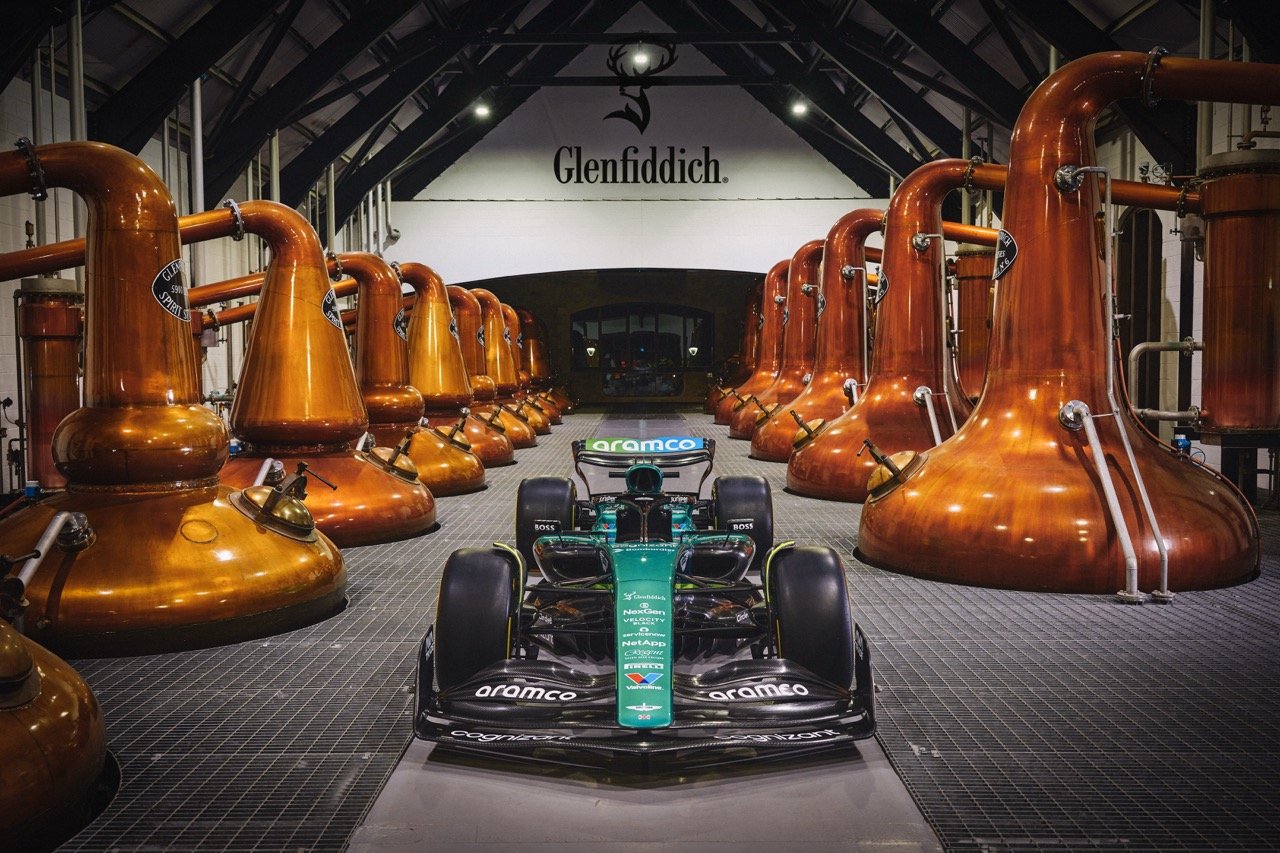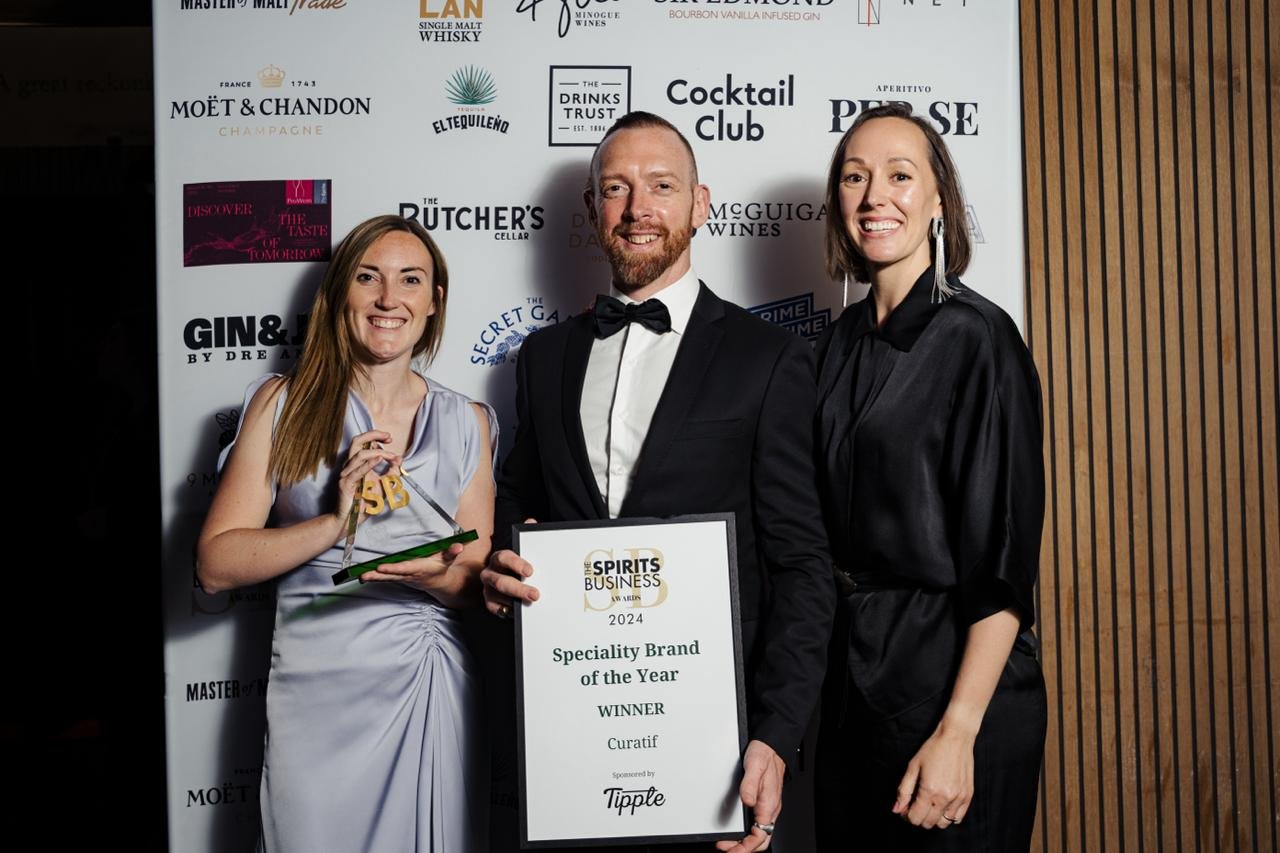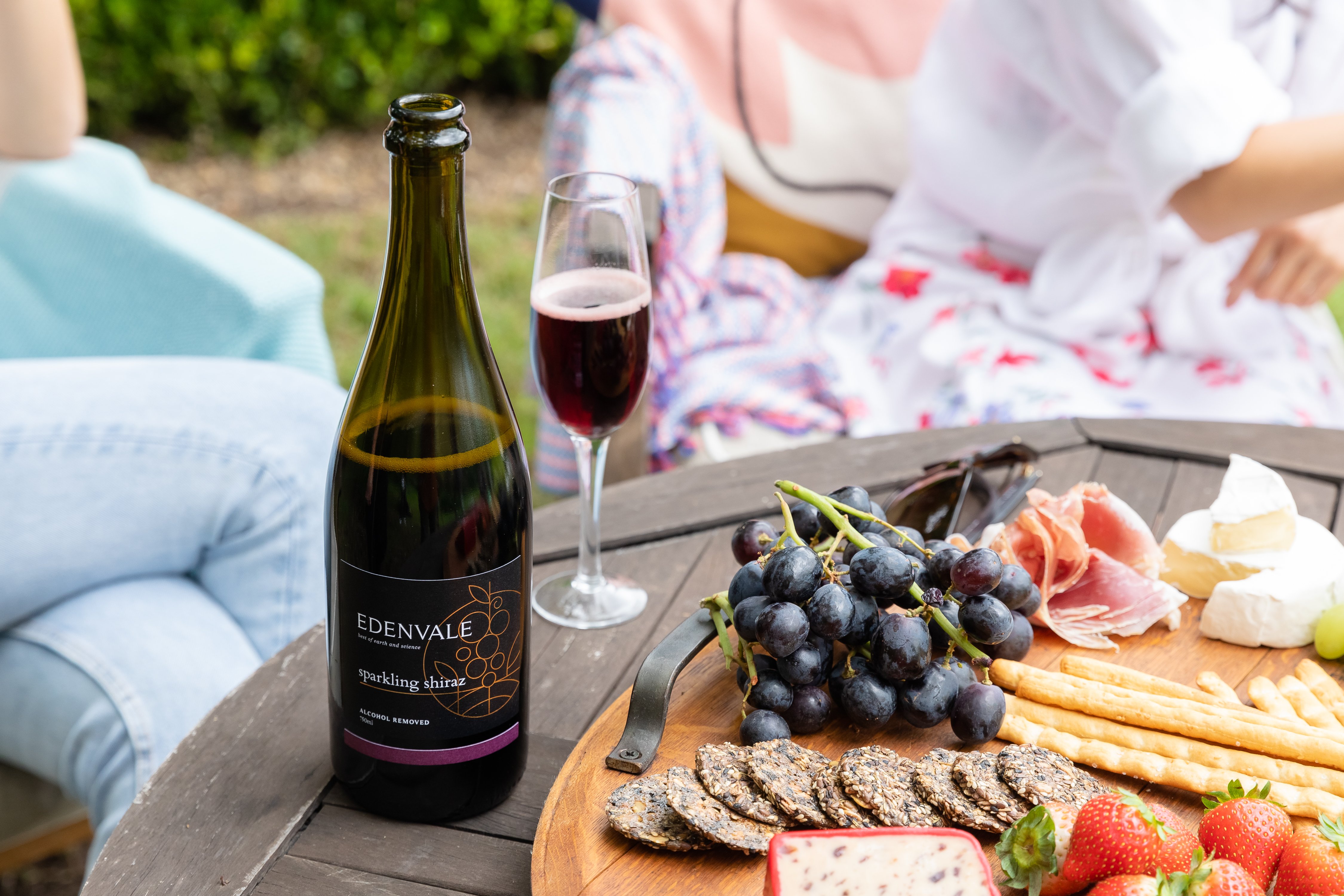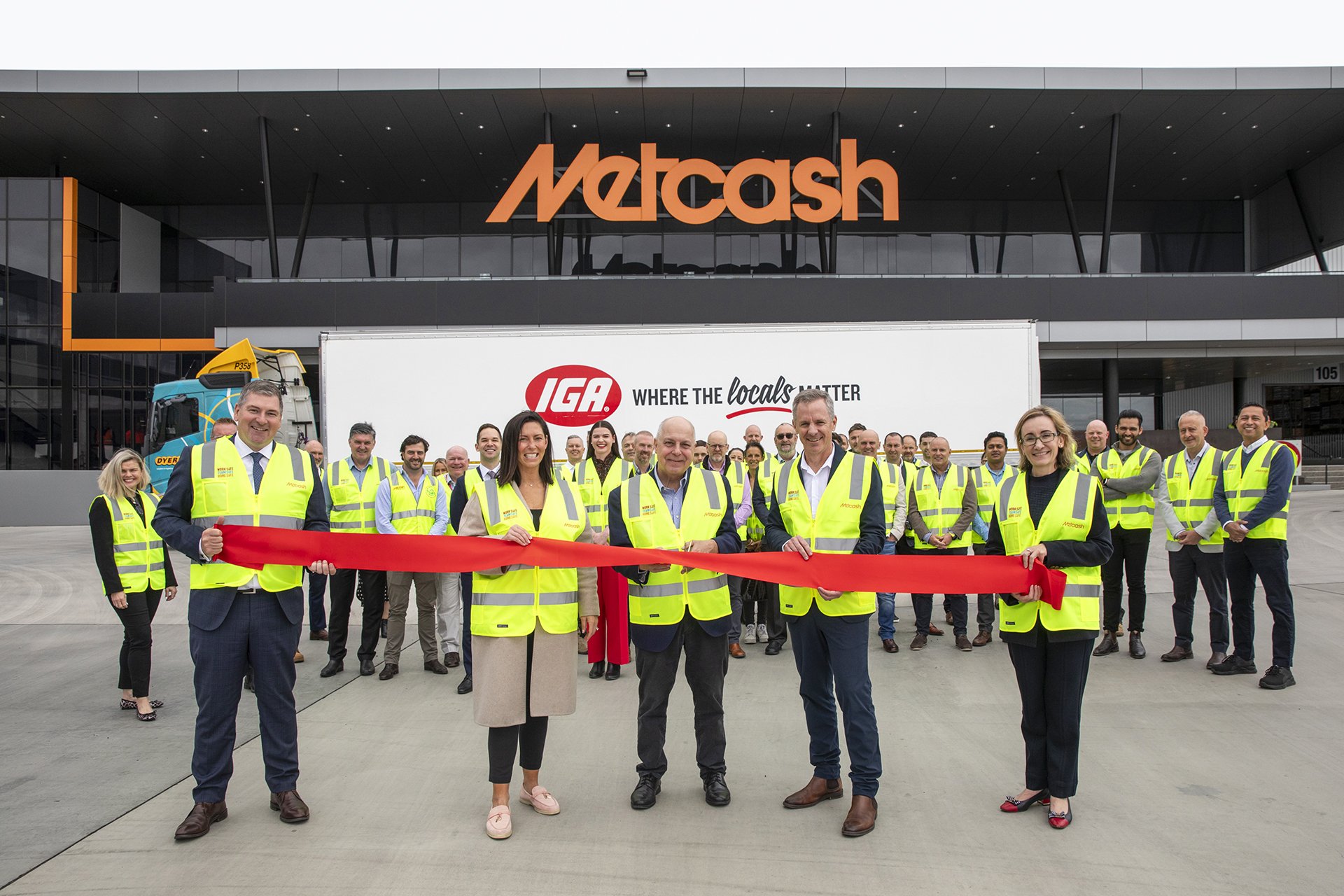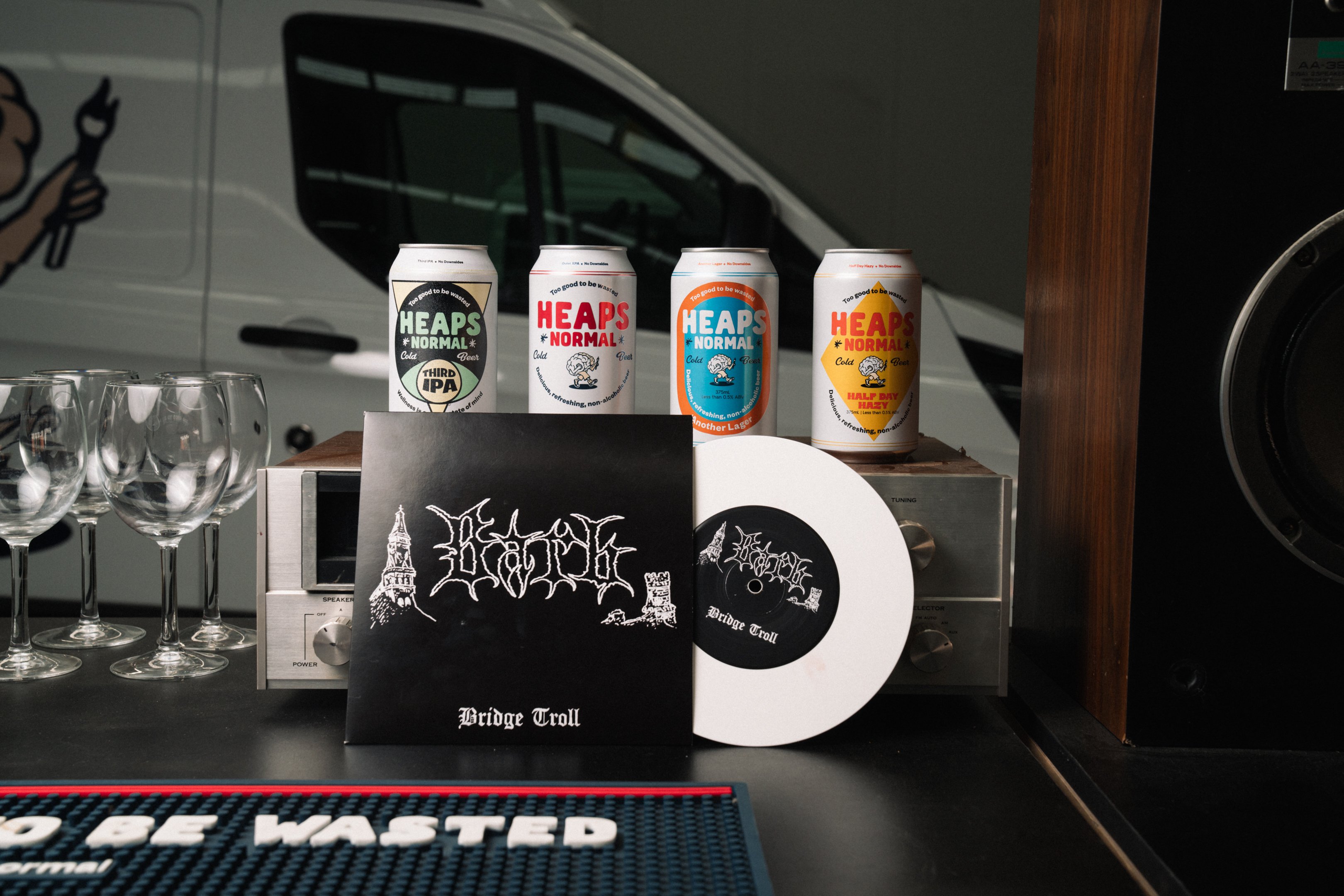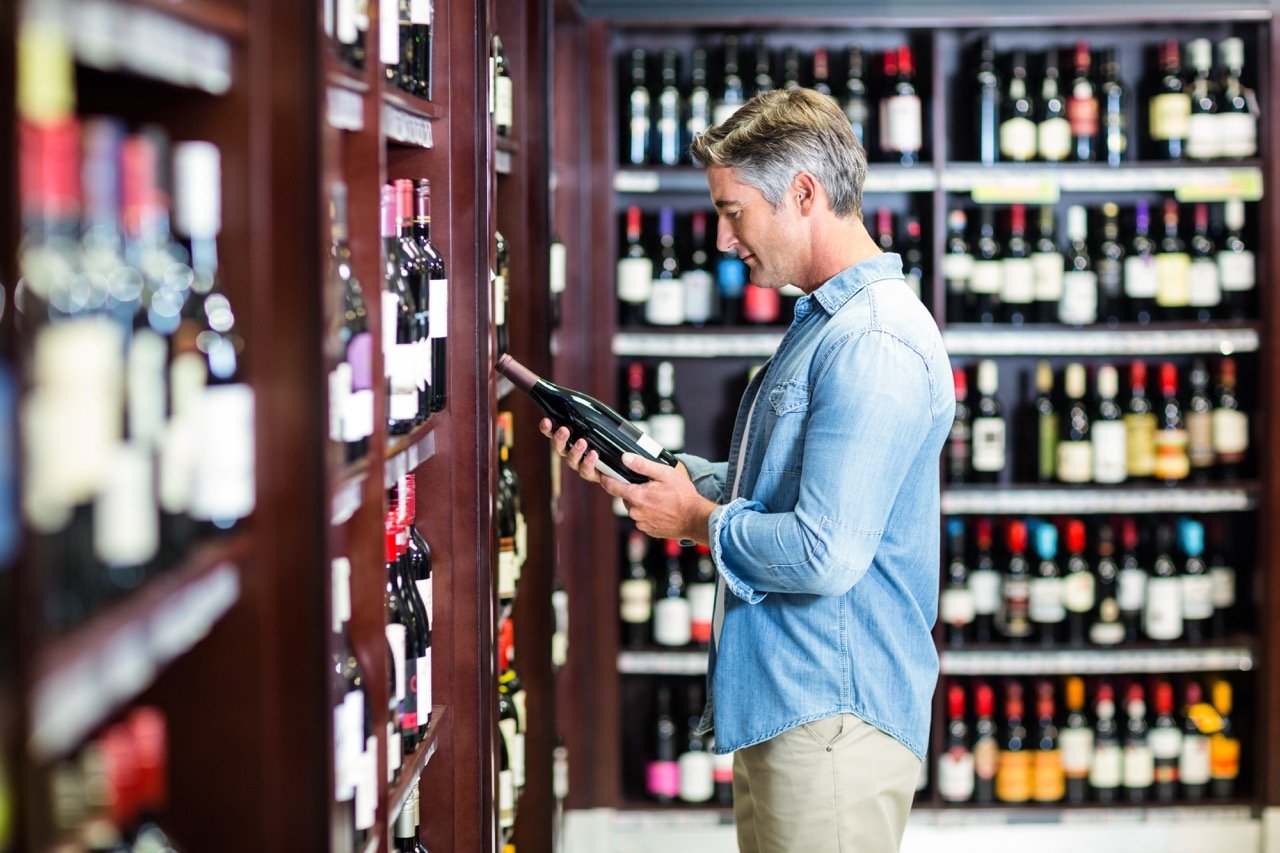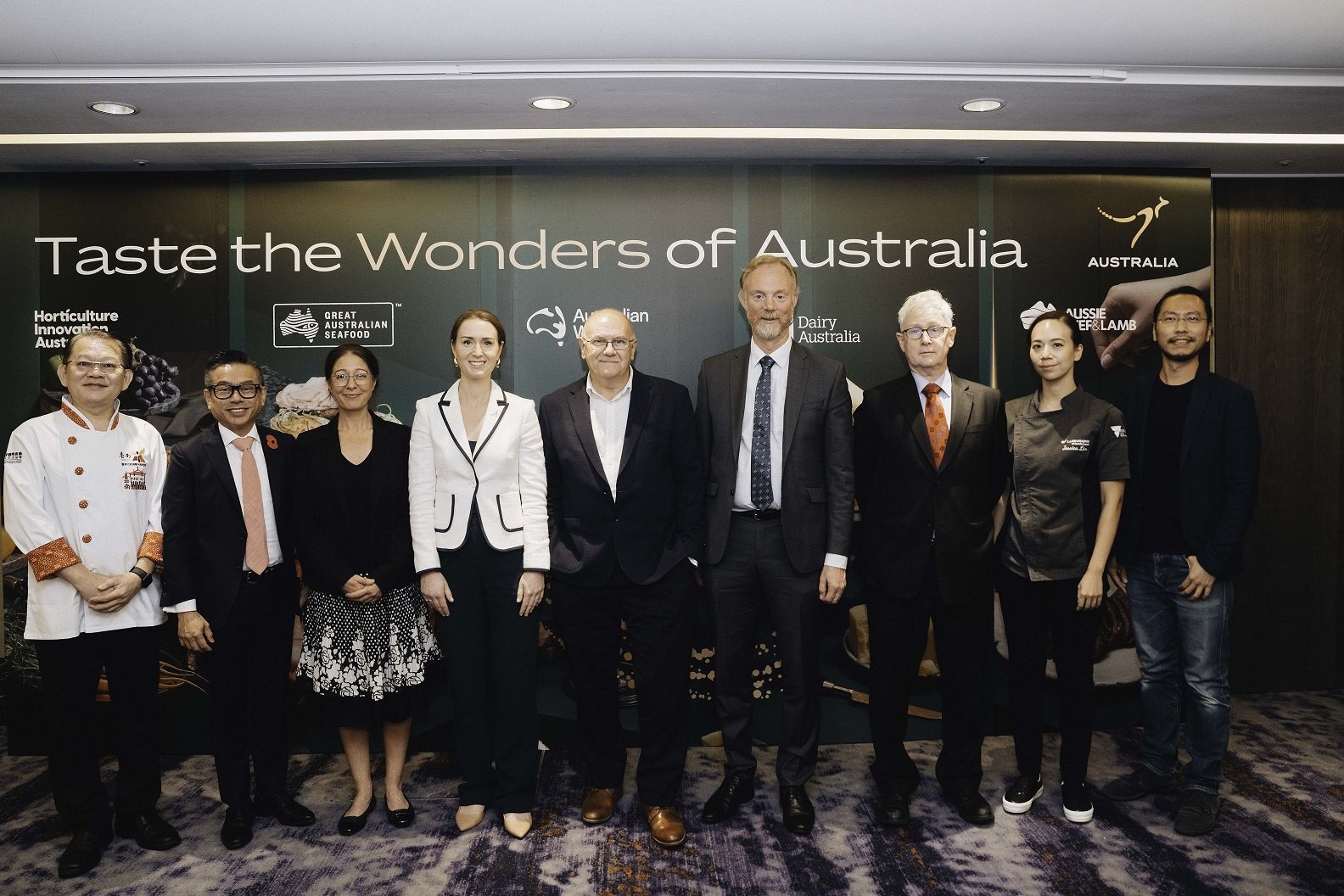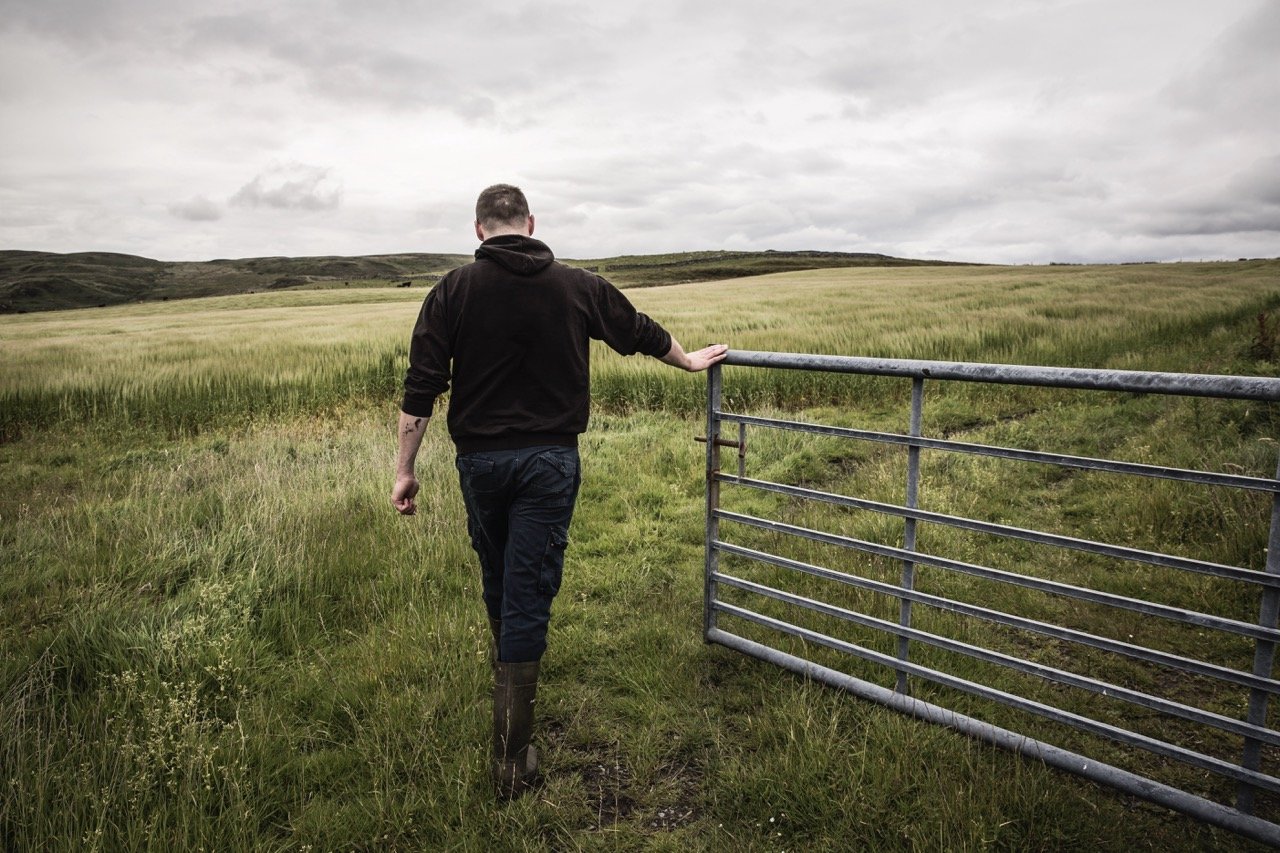Just over five weeks ago, Stage 1 of Marrickville’s newest brewpub Pickled Monkey Brewing was officially unveiled to the public. Shortly after that on 3 October, it was one of 18 breweries involved in the official launch of the new Inner West Ale Trail as part of the Office of the 24-Hour Economy's plan to to revitalise Sydney’s nightlife.
Given the brewery was started during a period of heightened economic pressure that has seen over 20 breweries go under in the past 12 months, Drinks Trade decided to reach out to Mark Fethers - Owner of Pickled Monkey and Hart Pub and former Owner of Rocks Brewing - to discuss the challenges experienced in the lead up to launch:
Drinks Trade: Launching in the current economic climate isn't exactly ideal… How has Pickled Monkey been tracking?
Mark Fethers: Fantastic! Five weeks we've been open for now and we’re just getting busier and busier every week.
DT: You’re following the US brewpub model and focusing on the venue more so than packaged beer… Can you explain what this means?
MF: So the model we've done here is more of a hybrid. Basically, 80% of the beer that we make ourselves on site we'll sell between our venue and at Harts Pub. Then maybe once we start going, we'll start doing packaging cans, but we might only get that into 10/20 bottle shops around town and then go from there. But it's more of a as demand comes not a we have to go and sell beer.
DT: What benefits does the brewpub model bring?
MF: You don't need to rely on external sales. The mistake that a lot of [other breweries] have done is they've got this [mentality] that they have to sell beer - so they're struggling to get out there and push it hard to try and sell, sell, sell, sell, sell… It puts huge pressure on the business and it puts pressure on the sale you have to get there.
The problem then is - if there's any kind of economic problems or interest rates go up - people stop spending, and it affects your whole business. I always say beer is recession proof, McDonald's and beer. With a recession, people buy McDonald's and they still buy beer, so it's one of those things. If you have a good venue and good food offering, I think people are always going to come in and find you.
[Also], with the current economic climate, people aren't spending as much money in bottle shops - they'd rather buy a cheaper case of beer than a more expensive case of beer - so that's that's what kind of hurt a lot of [craft brewers] as well.
DT: By following the brewpub model, do you feel as though Pickled Monkey is missing out on the brand awareness/advertising of having cans in retail settings?
MF: No, because I think we'll eventually do that to the right venues. Also, with the Inner West Ale Trail, people come into the areas, they'll find our brand, they'll see our brewery.
[We are planning to] package beer and get out there, but it'll be more to select bottle shops so the beer nerds will find us. They'll know who we are, and they'll come in to find the beers and try all the different beers.
DT: On-premise is also currently suffering as a result of cost of living pressures… Why is packaged beer more at risk to economic pressures?
MF: Everything does go backwards and retail starts getting worse… I think a lot of the problems are with the guys that didn't have a venue to fall back on or didn't have that front of house to fall back on. They're the ones that really hurt and struggled through the whole thing.
DT: Is selecting the brewpub business model a ‘lesson’ from your time at Rocks Brewing?
MF: Yeah. What we had at Rocks years ago was we had six/seven/eight reps on the road. We were selling between Brisbane, Sydney, Melbourne. We had to sell, we had to do this, whatever. Back then, that was fine because they wanted beer… But right now, trying to sell beer on tap premises - because of contracts and all the rest - it's just too hard.
DT: We recently heard from Frenchies’ Head Brewer Vincent de Soyres about the benefits of contract brewing during times of economic pressure… Was this the case at Rocks Brewing?
MF: You've got to adapt and change and then do what you need to do to survive. Rocks have a massive brewery over there and they can brew a lot of beer, so yeah, I guess if you can't sell enough of your own beer, you make as much beer for other people and keep the tanks full.
An empty tank makes no money, so you've got to fill some tanks.
DT: You went through an equity crowdfunding process to help launch Pickled Monkey… Can you explain this decision/process?
MF: We actually did two sets of the equity raising. The reason I did the first one was because I had a lot of friends and family saying, look, I want to invest… I've got like $5,000. I'm like, okay, look, we were always looking for investors of like $50,000 to $100,000 minimum… So we put [a crowdfunding] together that was for family and friends. We got about $150,000. We just put it out there to get people involved and be in the company. We didn't really need the money then. It was more to get people in as ambassadors, and people that could put money in and actually be part of the brand and actually have some ownership in the brand.
That was probably around Christmas last year. Come February, we did the second one, and it was probably the worst time in the world to do an offering because that was when everybody was going into voluntary administration… It was all going to hell in a handbasket, and we're trying to raise money and open a brewery. It was probably the worst timing in the world to ever try and get money in the company, and we raised the minimum and said, okay, look, that's enough. And we did it all ourselves after that.
When you don't have a product/when you don't have a space or something to come and touch and feel, it's very hard to get people to invest in it.
I think we have about 160 investors in total.
DT: Crowdfunding in craft beer has occasionally carried with it a bit of controversy… What does Pickled Monkey offer its investors?
MF: The investors obviously get the shares (they're actually real shares). But basically, each investor's got a QR code, they scan the QR code, [and] they basically have happy hour every time they come in. That's on beers, wines, anything we have. Then whenever we do any new beer releases, they'll get invited to come in to be part of it.
Because we've done the crowdfund, we are audited every year. All our figures are audited. So, every year we will send out our figures to investors so they can see where the company sits and what's going on. We're not trying to hide anything.
I would actually love to one day be the first brewery in Australia to actually pay a dividend, to actually be able to say, here, you put a hundred bucks in, here's ten bucks back… because I think a lot of people have been burnt with, you know, [investing] and then all of a sudden the company goes bust and they're gone.
DT: Does having 160 investors on board force you to operate Pickled Monkey in a certain way?
MF: No, not really at all. Look, I'm a publican at heart. I love talking to people. Anytime that [investors] come in, I always say come and let me know, introduce yourself to me, tell me who you are, that kind of thing, and I've got to know so many different investors that come in to put money in. And you know what? Everybody's got an opinion, and I love everybody's opinion. You don't have to do it, but you listen to it.
DT: Lastly, can you explain Stage 2 of Pickled Monkey?
MF: Yeah, so stage one at the moment is Pickled Monkey downstairs, which is 150 people with the outside deck we have.
Come next year, we're going to open upstairs, and upstairs is another whole beast in itself. That's another 200 seats, a full kitchen, full venue.
Come next year, we're going to have a 350 seat venue over two levels. It's going to be very different story.
Share the content
